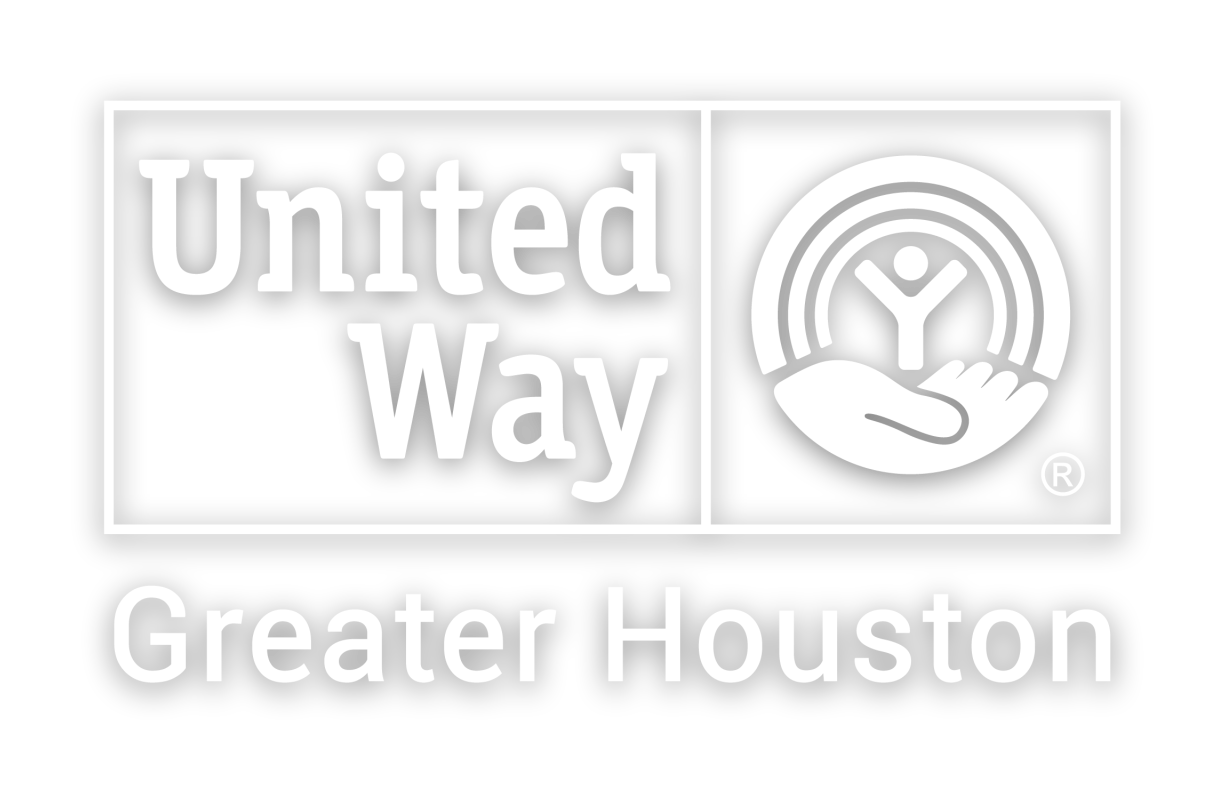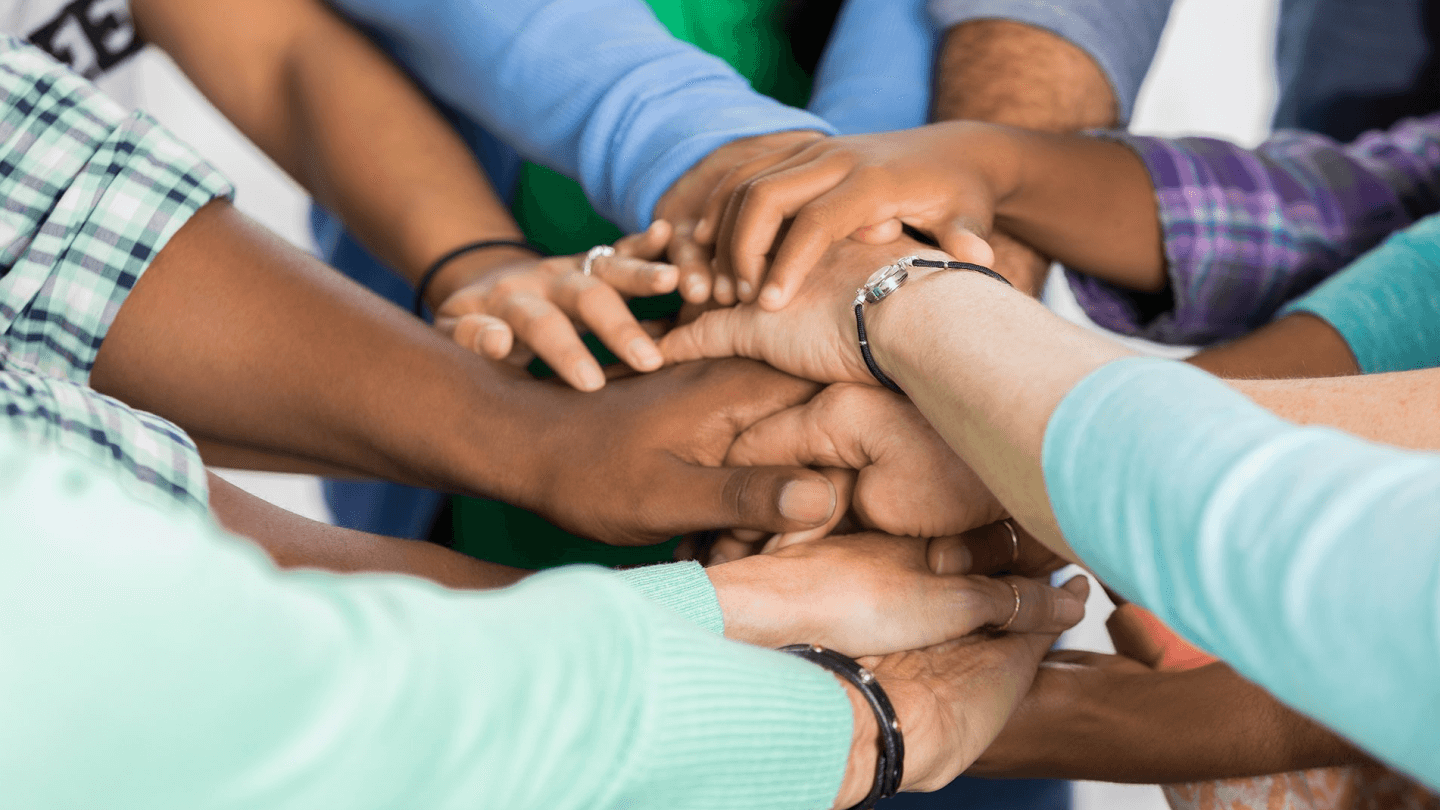HOUSTON (Jan. 28, 2019) – New research shows that 42 percent of Texas households could not afford basic needs such as housing, child care, food, transportation, health care and technology in 2016 according to the Texas ALICE Report released today by United Way of Greater Houston in partnership with United Ways of Texas. ALICE stands for Asset Limited, Income Constrained, Employed. Of the 1.6 million households in Harris County, 28 percent are ALICE households and 15 percent live at or below the Federal Poverty Level.
The ALICE Report places a spotlight on the large population of hardworking Texans who toil in low-paying jobs, have little or no savings, and are one emergency from financial crisis and falling into poverty. The Texas ALICE Report tracks struggling households before and after the Great Recession (2007 and 2010) and then during the recovery through 2016.
“We have long known that hardworking families in our region continue to struggle despite doing everything they can to get ahead,” said Anna M. Babin, president and CEO of United Way of Greater Houston. “The ALICE Report gives us the factual data we need to better understand the hard choices and risks those struggling families have to make to survive and how we can better support them.”
Using data from a variety of sources including the U.S. Census, the Texas ALICE Report is one of the most comprehensive depictions of financial need in the state to date. The Federal Poverty Line (FPL) is considered to be an outdated calculation that no longer provides accurate information about the number of people facing hardship across the country. The ALICE Report offers an enhanced set of tools for stakeholders to measure the real challenges ALICE households face and encourages the use of data to inform both programmatic and policy solutions for those households and their communities.
The 135-page Texas ALICE Report reveals many data points, including:
• In the four-county area served by United Way of Greater Houston (Harris, Fort Bend, Montgomery and Waller counties), 27 percent of the population is an ALICE. When combined with households at or below the federal poverty level, 40 percent of area households struggle to make ends meet.
• The Household Survival Budget, created specifically for the ALICE Report, is how much an individual or family needs to cover the bare minimum costs to live and work in the modern economy. In United Way of Greater Houston’s four-county region, the survival budget for a family of four is $61,404. Poverty in the same region for the same family is $24,300.
• In Texas, 62 percent of the jobs available do not pay enough to meet the Household Survival Budget for a family of four.
• Childcare, representing a Texas family’s greatest expense, averaged $1,201 per month for two children in licensed family homes that provide childcare, the least expensive option in the four-county region served by United Way of Greater Houston.
The Texas ALICE Report provides county-by-county, town-level data and analysis of how many households are struggling. The data from the study will be updated every two years to ensure fresh data on the ALICE populations are shared with key stakeholders.
For more than 10 years United Way of Greater Houston has led a collaborative effort known as United Way THRIVE that provides comprehensive, wraparound services to help hardworking, low-income families become self-sufficient and financially stable. THRIVE helps families build stronger financial futures by acquiring skills and education, obtaining better jobs, developing good financial habits and building savings. In its first decade, THRIVE has helped more than 211,000 families on the path to financial stability, generating $1.1 billion in value for clients through increased wages, savings and assets.
About United Way of Greater Houston
For more than 95 years, United Way of Greater Houston has been a leader and trusted partner in improving lives, tackling key community social issues, and making a lasting difference. Last year, United Way of Greater Houston touched the lives of nearly 2 million of our neighbors in the Bay Area and in Fort Bend, Harris, Montgomery, and Waller counties. United Way focuses on strengthening our community by developing children and youth to their full potential, creating strong families and safe neighborhoods, sustaining senior independence and rebuilding people’s lives in times of crisis. United Way of Greater Houston is the best way to make the biggest difference in our community. For more information, please visit, http://unitedwayhouston.org.


